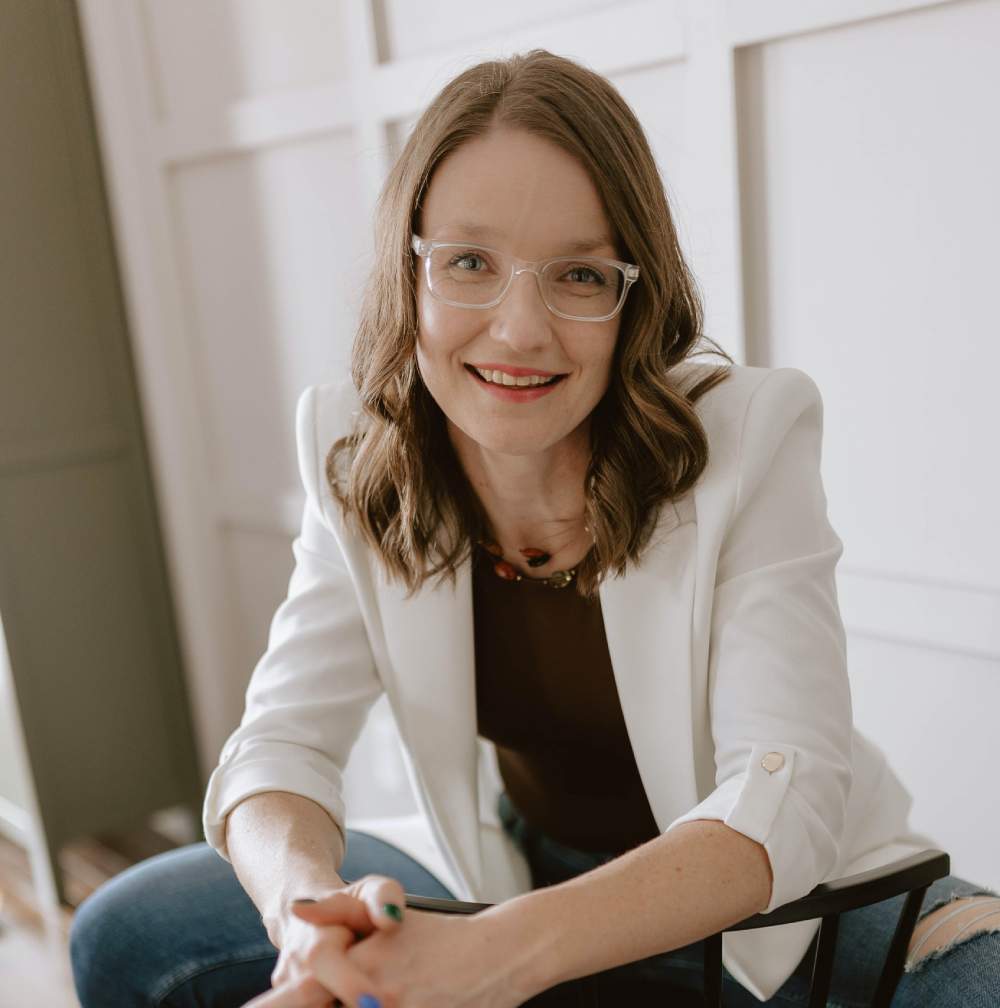Trying to engage faculty in teaching sustainable business? You’re not alone. Sustainability centre staff and directors around the world share this challenge.
On June 13, 2013, they met on a webinar to discuss strategies for teaching sustainability. If you’d like to participate in future interactive webinars, join the Sustainability Centres Community.
The webinar featured speakers included Jason Jay (MIT Sloan), Kai Hockerts (Copenhagen Business School), and Katrin Muff (Business School Lausanne). Centres participating in the webinar came from many countries, including Canada, the United States, the United Kingdom, Belgium, Denmark, Switzerland and Austria. The primer below summarizes their thoughts.
Many strategies exist for teaching students about sustainable business. Depending on resource availability and institutional receptivity, centres can offer activities ranging from student clubs, to course development, to re-training faculty. Below are seven possible activities, including tips for implementation. Activities are ordered according to “magnitude of change” required for implementation, beginning with those requiring the least institutional change.
1. Organize a speaker series.
A speaker series brings prominent figures to engage students on sustainability topics.
Tips:
Schedule your series during the lunch hour and offer food. Food relaxes the atmosphere, fosters conversation and may attract more students.
Use these sessions to promote other sustainability programs, including courses, certificates and student clubs.
2. Support student clubs.
Passionate students can create major impact. Help students organize clubs that take on sustainability projects. Clubs can focus on sustainability generally, or on specific issues like energy, social impact or international development. Faculty mentors should guide participants to increase their efficacy.
3. Review current courses and highlight sustainability content.
Sustainability is likely already taught in many of your institution’s courses, but may not be labeled. For example, the “Ikea case” taught in Introduction to Operations may teach students about “sustainable supply chain management.” Work with professors to identify sustainability content they already teach and encourage them highlight it in their syllabi by relabeling it or making it a course objective. This encourages faculty and students to think actively about sustainability.
In addition to elevating content in course materials, consider profiling sustainability teaching on the website of your centre, program or school.
Tips:
Use tact and diplomacy when proposing new ideas. If you are too direct in suggesting changes to faculty, you may shut down conversation.
Be flexible in your terminology. For example, some faculty may be comfortable talking about “sustainability,” while others refuse to teach “sustainability” but are happy to talk about “climate change.”
Make changes easy for instructors. Even if they agree to syllabi changes in theory, execution is more likely if you make the edits and send to the instructor for approval.
4. Create new teaching materials.
Professors may want to teach sustainability, but lack the resources to do it. Consider hiring students to develop sustainability cases of interest to faculty. You can compile new and existing resources and offer them free online.
Tips:
Let faculty take small steps. If they resist teaching new material, suggest they add an optional reading. If students find the reading interesting, perhaps it can be required in future. If uptake is low, material can be dropped.
Offer faculty training on how to teach sustainability cases. Otherwise, sustainability content may not be emphasized even if the case is taught. For example, if a carbon accounting case is used to teach a core accounting method, faculty unfamiliar with climate change may teach only the core topic, avoiding climate conversation.
5. Develop a dedicated course.
If a program is receptive, consider developing an entire course dedicated to sustainability issues.
Tips:
Leverage junior faculty. They often have fresh, flexible ideas and may stay with the institution for a long time.
Connect course content to learnings from other courses. This will help students understand how sustainability fits into all aspects of business.
Offer financial support. The school may be hesitant to invest money in new courses. Funding the course, or offering back up funding in case of enrollment deficits, may provide an incentive.
6. Bundle experiences in a certificate.
A sustainability certificate can include various curricular and extra-curricular activities such as courses, capstone projects and community engagement. Developing a certificate requires much institutional cooperation, but the certificate can also help keep sustainability on your institution’s internal agenda.
Tips:
Find senior faculty sympathetic to sustainability. Leverage them to encourage program administrators and other faculty to support certificate development.
Measure achievement against a recognized ranking, such as the Aspen Institute’s Beyond Grey Pinstripes Global Ranking. Measuring performance may help incentivize change.
Teach students how to sell the certificate to employers, as some may be hesitant to broadcast their specialization out of fear of being labeled. Help students understand the unique skills sustainability fosters, including systems thinking, which make will them an asset to companies.
7. Build capacity at many levels.
Advancing sustainability in teaching requires broadly trained faculty who understand managers’ needs. It requires business schools that foster collaboration and interdisciplinarity. It requires shifting business school mindsets globally. The Global Doctoral Alliance, a program in development by 50+20 and the Globally Responsible Leadership Initiative, is aiming to achieve these objectives by offering:
1st order solutions: Courses to help broaden the skills of individual academics, program directors, executives and consultants.
2nd order solutions: Sustainability tracks adoptable by existing PhD programs.
3rd order solutions: An entirely new doctoral program adoptable by any institution.
To learn more about the Global Doctoral Alliance, contact John North at (john.north@grli.org).
About the Sustainability Centres Community (SCC)
Hundreds of sustainability centres at business schools around the world are dedicated to driving sustainable business. These centres teach, conduct research and work with industry to facilitate social and environmental change. The SCC advances collaboration between centres by allowing them to (1) find one another using searchable profiles, (2) share opportunities on a Community forum and (3) share best practices through quarterly webinars and success stories published monthly. Add your centre to the Community now!
SCC Webinar Series
Quarterly webinars allow direct dialogue between centres from around the world. Webinar topics are decided by SCC members and focus on an element related to sustainability teaching, research or practice. This document summarizes discussion on embedding sustainability in business curricula during a webinar hosted in June 2013.



Add a Comment
This site uses User Verification plugin to reduce spam. See how your comment data is processed.This site uses User Verification plugin to reduce spam. See how your comment data is processed.